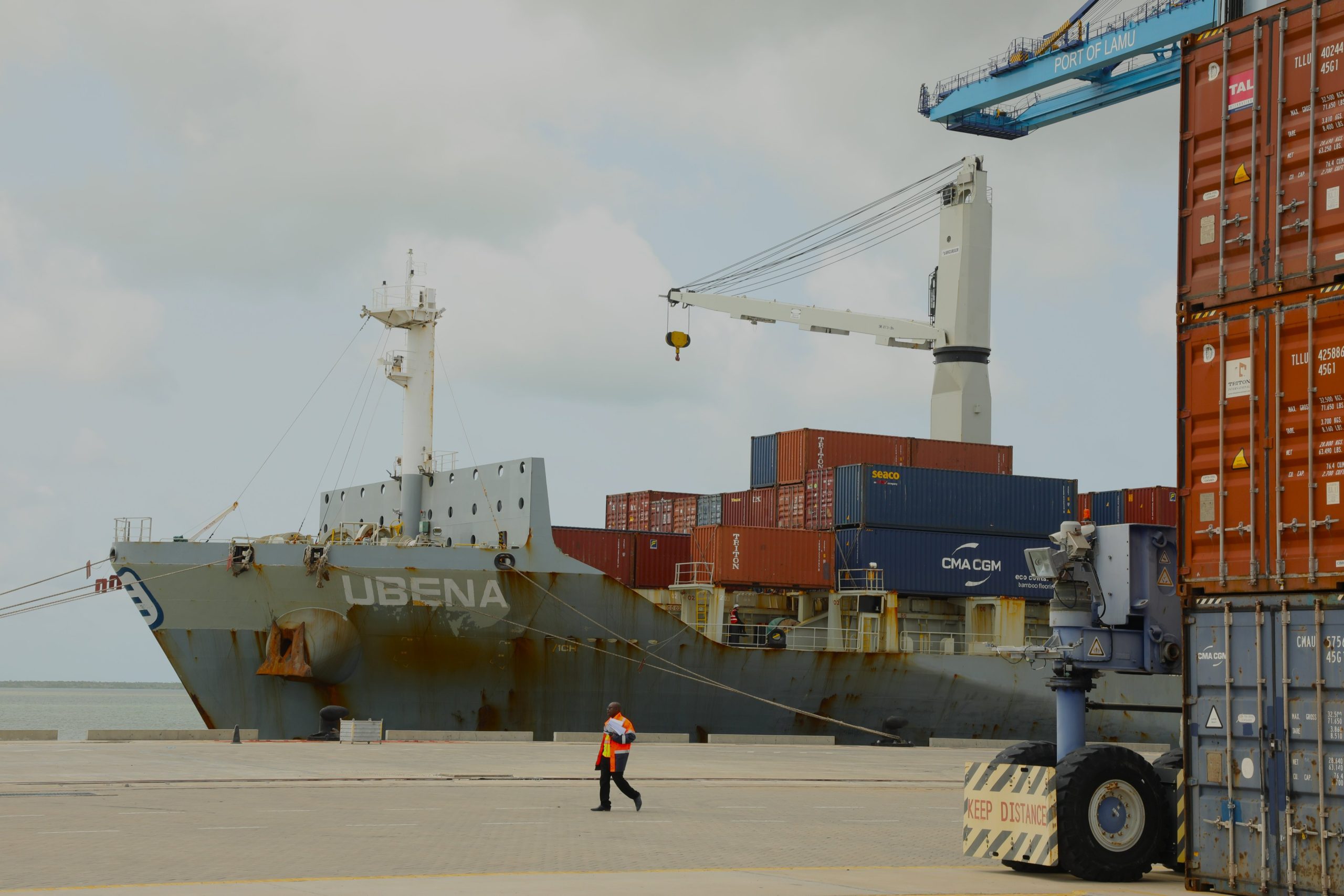Business
KRA Makes Certificate of Origin Mandatory for All Kenya Imports from October 1 and What This Means
Those failing to secure proper documentation risk significant financial losses through goods seizure, while compliant importers may benefit from reduced unfair competition from non-compliant traders.

The Kenya Revenue Authority has issued a final reminder to importers that all goods entering the country must be accompanied by a Certificate of Origin effective October 1, marking the end of a three-month transition period that began in July.
The requirement, outlined under Section 44A of the Tax Procedures Act, CAP. 469B, will apply to all consignments imported into Kenya with only a few exceptional cases receiving provisional measures for compliance ease.
The KRA confirmed this directive in a statement released on September 23, giving importers just seven days to ensure full compliance.
What Changes for Importers
The new regulation fundamentally alters Kenya’s import landscape by requiring documentary proof of goods’ country of origin before customs clearance.
KRA said this new requirement is set to change how businesses import goods, aiming to boost transparency and tighten compliance with trade laws.
For shipments lacking a Certificate of Origin, customs authorities will accept alternative documentation including Origin Declarations confirming goods’ source, Export Permits or Licenses from relevant authorities in exporting countries, Customs Export Declarations, or Pre-Export Verification of Conformity certificates issued by Kenya Bureau of Standards-authorized agents.
Exemptions Provide Limited Relief
Several categories of imports remain exempt from the Certificate of Origin requirement. Privileged persons and institutions listed in the Fifth Schedule of the East African Community Customs Management Act 2004 are excluded, as are used goods under the same schedule, including second-hand vehicles.
Personal items such as baggage, personal effects, mailbags, postal parcels, and human remains being repatriated do not require certificates.
Temporary imports under Section 117 of EACCMA and small medical packages with doctor’s prescriptions are also exempt.
Individual parcels meeting weight and value limits under Regulation 119(3) of EACCMA shipped via registered couriers similarly avoid the requirement.
Business Impact and Concerns
From October 1, 2025, all non-compliant goods will be treated as illegal under the new law.
This move will have widespread implications for businesses, especially small-scale importers, clearing agents, logistics firms, and international suppliers dealing with Kenyan clients.
Failure to comply could lead to seizure or forfeiture of the goods, as spelt out in the amended Tax Procedures Act under the Finance Act, 2025.
This enforcement mechanism represents a significant escalation in trade compliance requirements, potentially disrupting supply chains for businesses unprepared for the documentation demands.
The timing presents particular challenges for small and medium enterprises that may lack the resources to navigate complex documentation requirements or may depend on suppliers unfamiliar with Kenya’s specific regulatory demands.
Import-dependent sectors including retail, manufacturing, and construction face potential operational disruptions if their suppliers fail to provide proper documentation.
Revenue Authority’s Assurance
Despite the stringent requirements, KRA has committed to addressing implementation challenges on a case-by-case basis.
The Authority assured importers that any difficulties encountered in meeting the Certificate of Origin requirement would be handled individually while maintaining adherence to existing legal provisions.
This approach suggests recognition of the practical challenges businesses face in obtaining proper documentation, particularly from suppliers in countries with different trade documentation systems or less developed administrative structures.
The Certificate of Origin mandate represents Kenya’s broader strategy to enhance trade transparency and combat illicit trade flows. By requiring verifiable proof of goods’ origin, authorities aim to close loopholes that have historically enabled trade malpractices including undervaluation, misdeclaration, and smuggling.
The policy aligns with regional and international efforts to strengthen customs controls and ensure accurate trade statistics.
However, its success will largely depend on the business community’s ability to adapt to the new requirements and the Authority’s capacity to implement the policy without unduly disrupting legitimate trade.
For businesses, the October 1 deadline marks a critical compliance milestone that could determine their continued access to the Kenyan market.
Those failing to secure proper documentation risk significant financial losses through goods seizure, while compliant importers may benefit from reduced unfair competition from non-compliant traders.
The policy’s ultimate impact on Kenya’s trade flows, business costs, and economic competitiveness will become clearer in the months following implementation, as markets adjust to the new regulatory reality.
Kenya Insights allows guest blogging, if you want to be published on Kenya’s most authoritative and accurate blog, have an expose, news TIPS, story angles, human interest stories, drop us an email on [email protected] or via Telegram
-

 Grapevine1 week ago
Grapevine1 week agoAlleged Male Lover Claims His Life Is in Danger, Leaks Screenshots and Private Videos Linking SportPesa CEO Ronald Karauri
-

 Lifestyle1 week ago
Lifestyle1 week agoThe General’s Fall: From Barracks To Bankruptcy As Illness Ravages Karangi’s Memory And Empire
-

 Grapevine3 days ago
Grapevine3 days agoRussian Man’s Secret Sex Recordings Ignite Fury as Questions Mount Over Consent and Easy Pick-Ups in Nairobi
-

 Investigations2 weeks ago
Investigations2 weeks agoEpstein Files: Sultan bin Sulayem Bragged on His Closeness to President Uhuru Then His Firm DP World Controversially Won Port Construction in Kenya, Tanzania
-

 Business2 weeks ago
Business2 weeks agoKRA Can Now Tax Unexplained Bank Deposits
-

 Investigations1 week ago
Investigations1 week agoEpstein’s Girlfriend Ghislaine Maxwell Frequently Visited Kenya As Files Reveal Local Secret Links With The Underage Sex Trafficking Ring
-

 News1 week ago
News1 week agoState Agency Exposes Five Top Names Linked To Poor Building Approvals In Nairobi, Recommends Dismissal After City Hall Probe
-

 Business1 week ago
Business1 week agoM-Gas Pursues Carbon Credit Billions as Koko Networks Wreckage Exposes Market’s Dark Underbelly




























